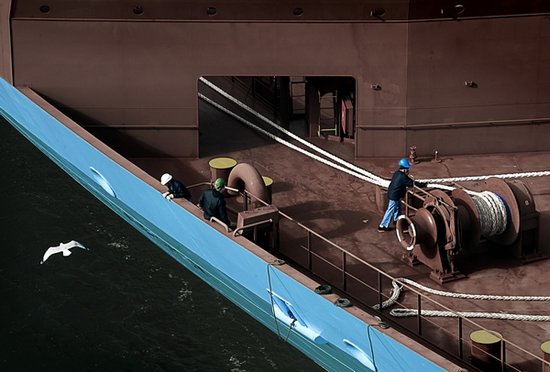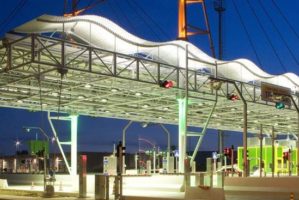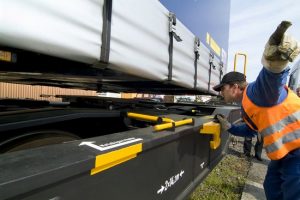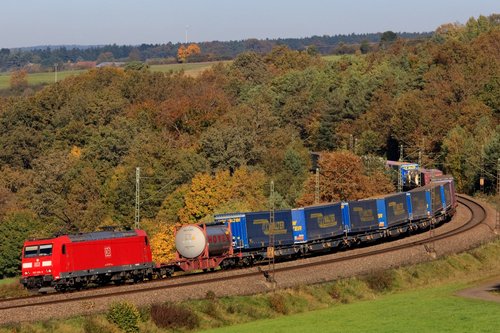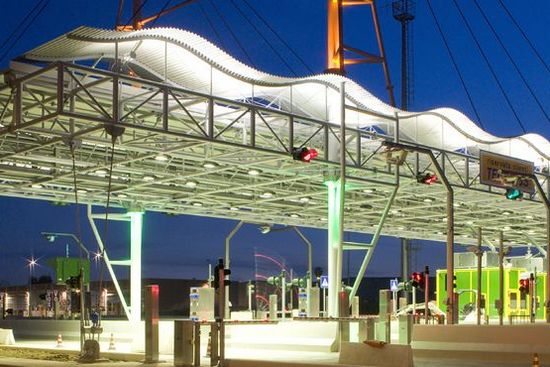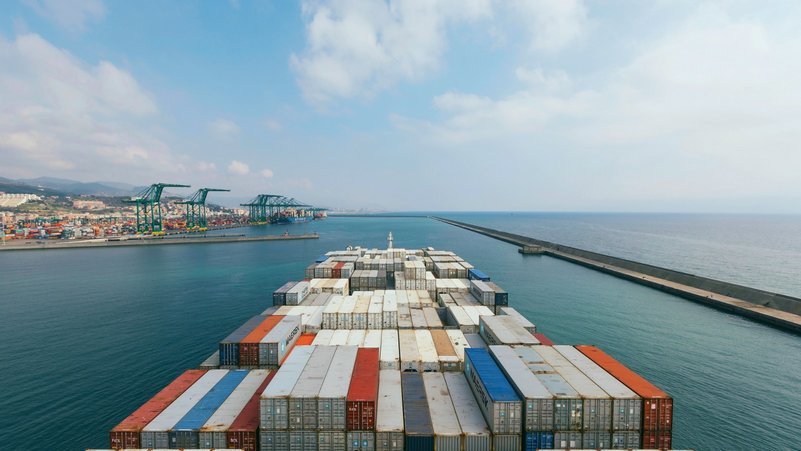In 2024, for the second consecutive year, Germany went through a recession, also affecting the traffic volumes of its main intermodal operator, Kombiverkehr. The company recorded a 5% drop in shipments compared to the previous year, with a total of approximately 780,000 transported units (equivalent to 1.5 million TEUs). In addition to the economic downturn, the restructuring of the railway network contributed to delays, cancellations, and operational complications.
“Kombiverkehr is suffering the consequences of an unprecedented economic crisis, far deeper than that of 2008/2009,” explained Managing Director Armin Riedl when presenting the 2024 results. The second Managing Director, Heiko Krebs, added that “during 2024, the train cancellation rate reached 10-15% at certain times. Some of the most affected routes included the Rhine Valley line and the international corridor between Salzburg and Villach, causing diversions, increased costs, and a reduction in service frequency.”
Despite these difficulties, Kombiverkehr has expanded its transport offering with new connections. Notable additions include the Rotterdam-Cologne Eifeltor route, with three round trips per week from March 2024; the Antwerp-Irun (Spain) service, launched in September 2024, featuring eight weekly connections to Madrid; the Duisburg-Hallsberg (Sweden) line, introduced at the end of the year; and the Lübeck-Verona route, reinstated in January 2025 with two weekly journeys, complemented by an alternative route via Hamburg with three weekly connections.
Another achievement for Kombiverkehr has been the success of its traction conversion project. In 2024, following an EU investigation into Germany, the company transferred most of its operations to new railway companies, completing the reorganisation in just six months, a feat made possible by close cooperation among all stakeholders.
Kombiverkehr also warns that the 16% increase in rail tolls, occurring in the third consecutive year of recession in Germany, risks shifting freight transport back to roads. “It is essential to prevent this reversal. Price adjustments must be predictable and proportionate,” stated Riedl.
The company hopes for new support measures from the authorities, such as a complete exemption from tolls for pre- and post-rail transport, in line with the European Commission's proposal. Furthermore, the restructuring of the forty main railway corridors should be accompanied by public funding to cover the additional costs arising from route diversions. “Investment in rail must continue beyond 2030 and also serve to encourage the construction of new terminals,” concluded Krebs, criticising the insufficiency of current funds.


